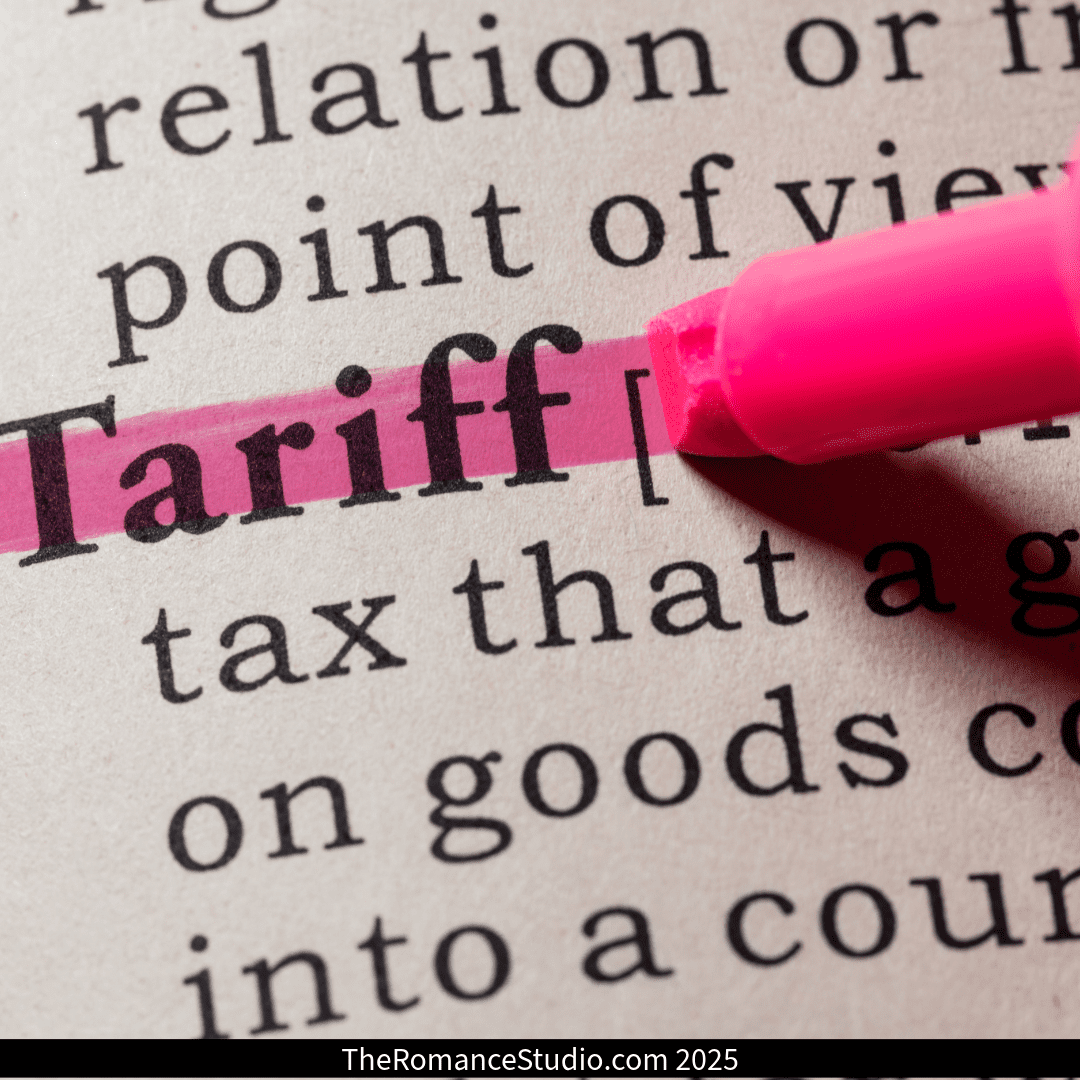New Tariffs Could Raise Book Prices and Undercut U.S. Publishers Abroad
Updated 4/11/25
On Wednesday, Donald Trump announced a 90-day pause on most of the administration’s new tariffs, while simultaneously increasing tariffs on goods from China. In response, China has imposed retaliatory tariffs at a rate of 84 percent.
A clarification to yesterday’s information sourced from the ABA: Canada has not imposed tariffs on books imported from the U.S. While books were listed as a potential target in Canada’s notice of intent to apply counter-tariffs, the government ultimately chose not to proceed after receiving feedback and appeals from the publishing industry.
The cost of reading may be about to climb.
While printed books themselves remain exempt from the latest round of U.S. import tariffs, the American Booksellers Association (ABA) has released a new explainer detailing how the ripple effects of these tariffs could still hit the publishing industry—and readers—in the wallet.
***
At the heart of the issue are the production materials that fuel the book-making process. The new tariffs don’t target finished books, but they do include key inputs like ink, pulp, and paper when sourced from countries like China or the European Union. These are often critical for publishers and printers seeking competitive pricing or specific material qualities not always available domestically.
Paper Chase: What’s Affected and What’s Not
Books printed using paper from Canada or Mexico may dodge the price hike, thanks to protections under the United States-Mexico-Canada Agreement (USMCA). But materials from other regions could be taxed heavily, potentially leading to increased costs for publishers—and by extension, higher prices for consumers.
Even more concerning for U.S. publishers is what’s happening on the export side.
Retaliation Hits American Book Exports
As the U.S. continues to escalate its trade tensions with key global partners, retaliatory tariffs are starting to bite. Countries including Canada (25%), China (104%), and the United Kingdom (10%) have imposed sweeping tariffs on all U.S. goods—including books.
The European Union also approved new retaliatory tariffs this week, targeting $23 billion in American goods. A full list of affected products has yet to be released, but books were notably absent from preliminary drafts. Whether they’ll be spared in the final implementation remains to be seen.
Meanwhile, Australia and Singapore, thanks to existing free trade agreements, currently do not tax U.S. book imports—providing at least some breathing room for American publishers looking to maintain global sales.
More Than Just Books: Booksellers Also Feel the Pinch
Independent bookstores and retailers could see their operating costs increase as tariffs affect non-book items frequently sold in stores. Everyday essentials like coffee, greeting cards, journals, stationery, and even shopping bags are included in many of the new tariff categories.
These extra costs, coupled with existing challenges like inflation and supply chain delays, could create a squeeze for small and mid-sized bookshops already operating on thin margins.
A Glimmer of Hope? Presidential Backpedal on Some Tariffs
In a surprise development today, the president signaled a potential rollback on most tariffs (reduced to 10%) with the exception of China, citing economic strain and the risk of further retaliation. Details remain scarce, but the backpedal could open the door to revisions that might spare some sectors—including publishing—from long-term harm.
For now, publishers, authors, and booksellers alike will be watching closely. Because while a single book may be exempt from tariffs, every page still comes with a cost.

